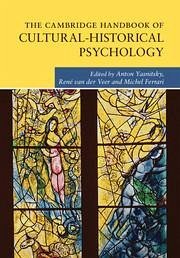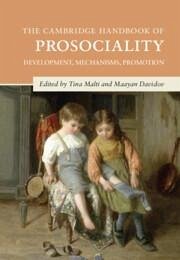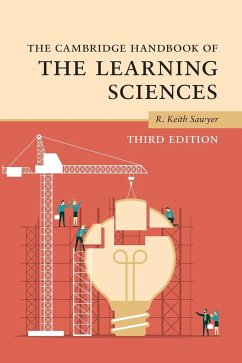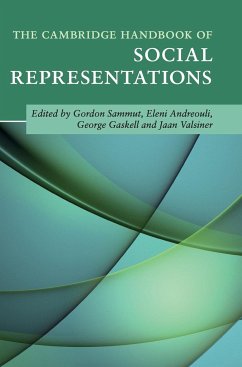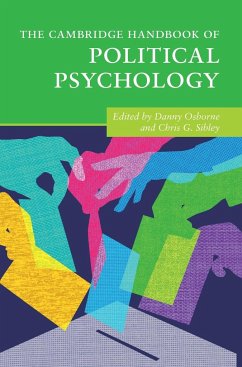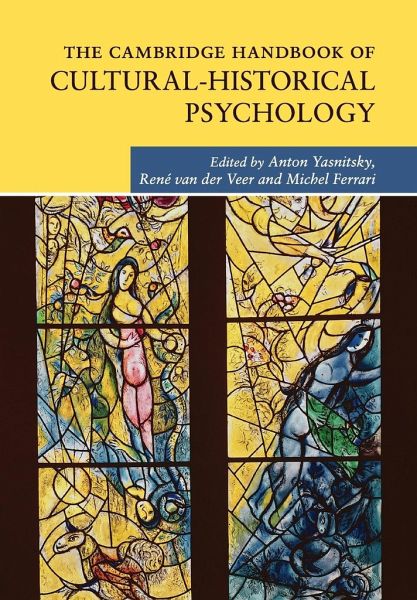
The Cambridge Handbook of Cultural-Historical Psychology
Versandkostenfrei!
Versandfertig in 1-2 Wochen
68,99 €
inkl. MwSt.

PAYBACK Punkte
34 °P sammeln!
The field of cultural-historical psychology originated in the work of Lev Vygotsky and the Vygotsky Circle in the Soviet Union more than eighty years ago, and has now established a powerful research tradition in Russia and the West. The Cambridge Handbook of Cultural-Historical Psychology is the first volume to systematically present cultural-historical psychology as an integrative/holistic developmental science of mind, brain, and culture. Its main focus is the inseparable unity of the historically evolving human mind, brain, and culture, and the ways to understand it. The contributors are ma...
The field of cultural-historical psychology originated in the work of Lev Vygotsky and the Vygotsky Circle in the Soviet Union more than eighty years ago, and has now established a powerful research tradition in Russia and the West. The Cambridge Handbook of Cultural-Historical Psychology is the first volume to systematically present cultural-historical psychology as an integrative/holistic developmental science of mind, brain, and culture. Its main focus is the inseparable unity of the historically evolving human mind, brain, and culture, and the ways to understand it. The contributors are major international experts in the field, and include authors of major works on Lev Vygotsky, direct collaborators and associates of Alexander Luria, and renowned neurologist Oliver Sacks. The Handbook will be of interest to students and scholars in the fields of psychology, education, humanities and neuroscience.





